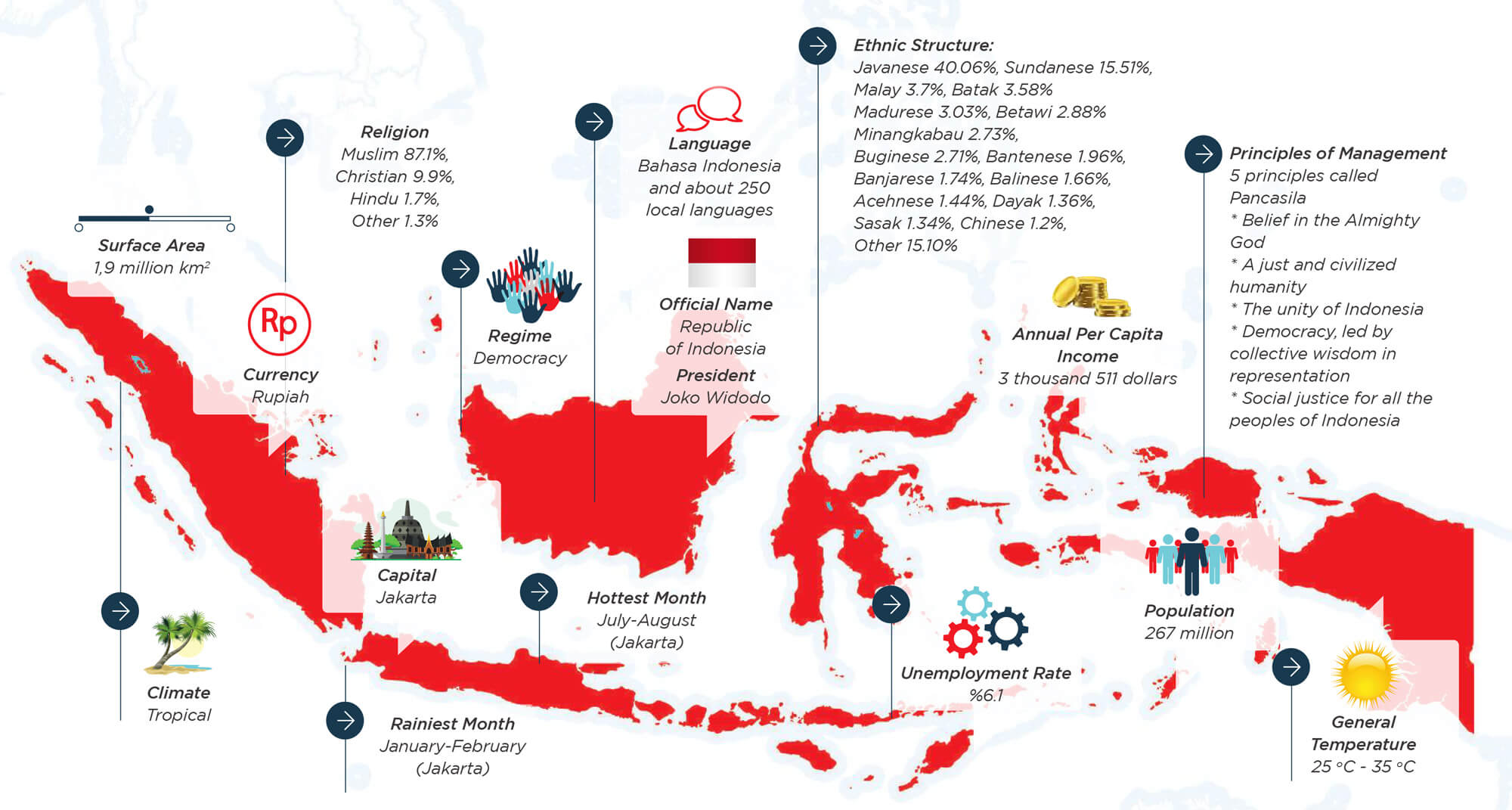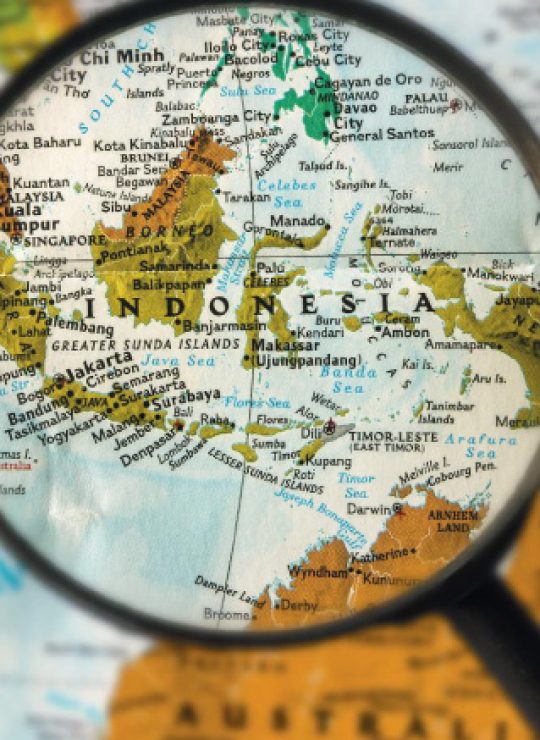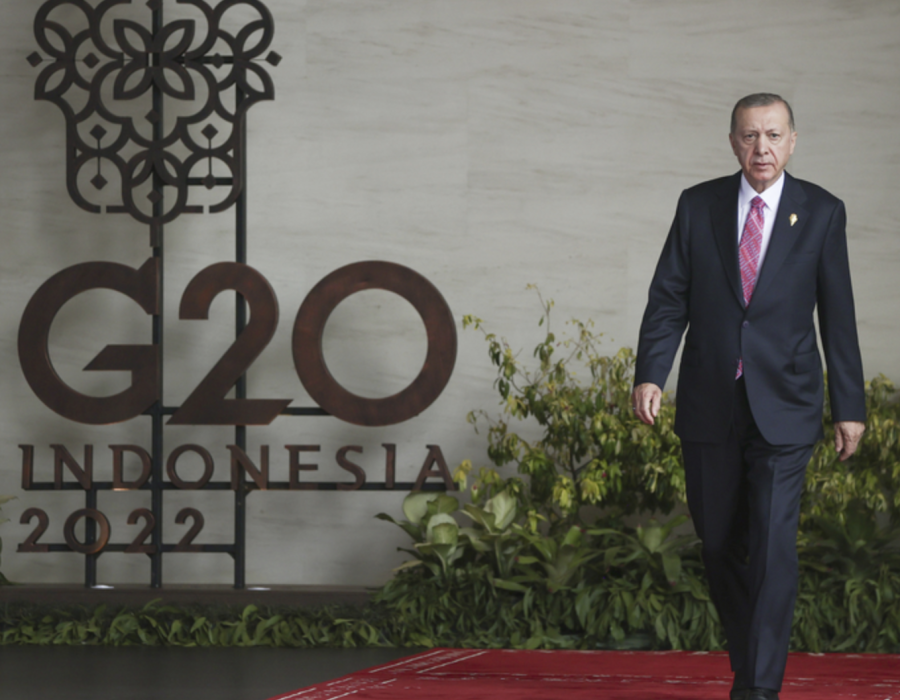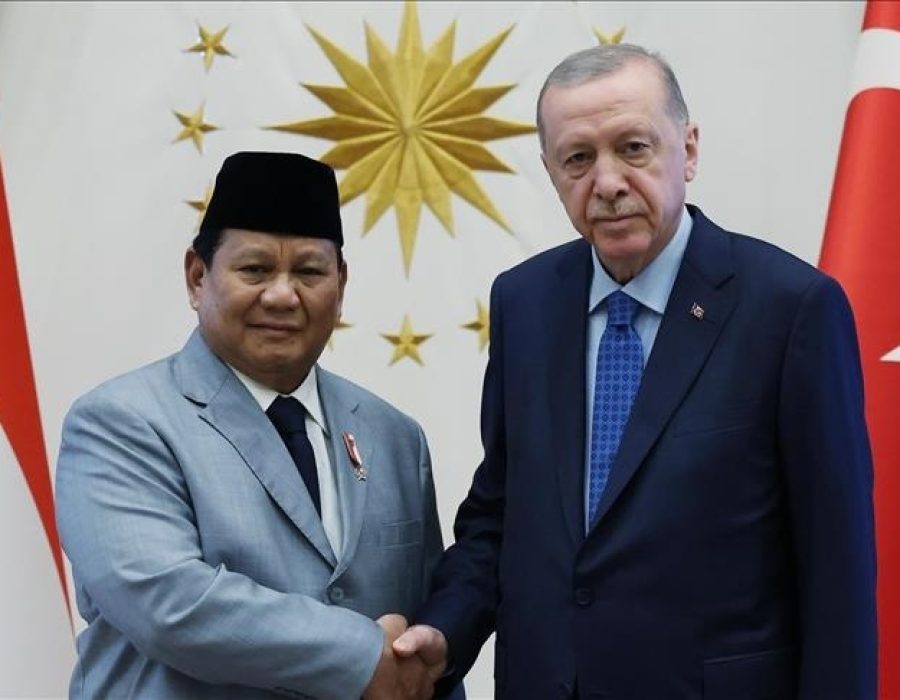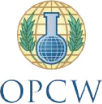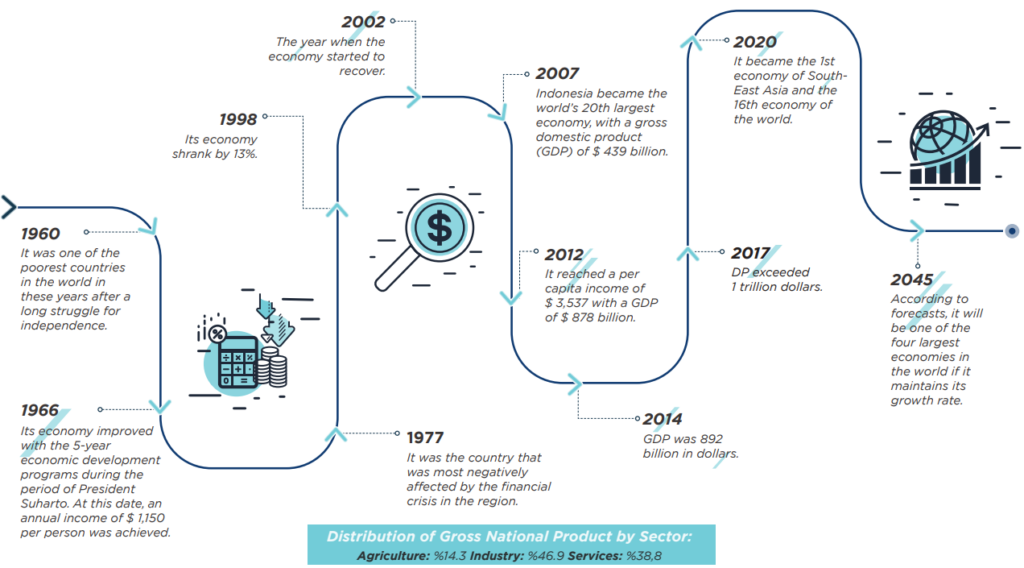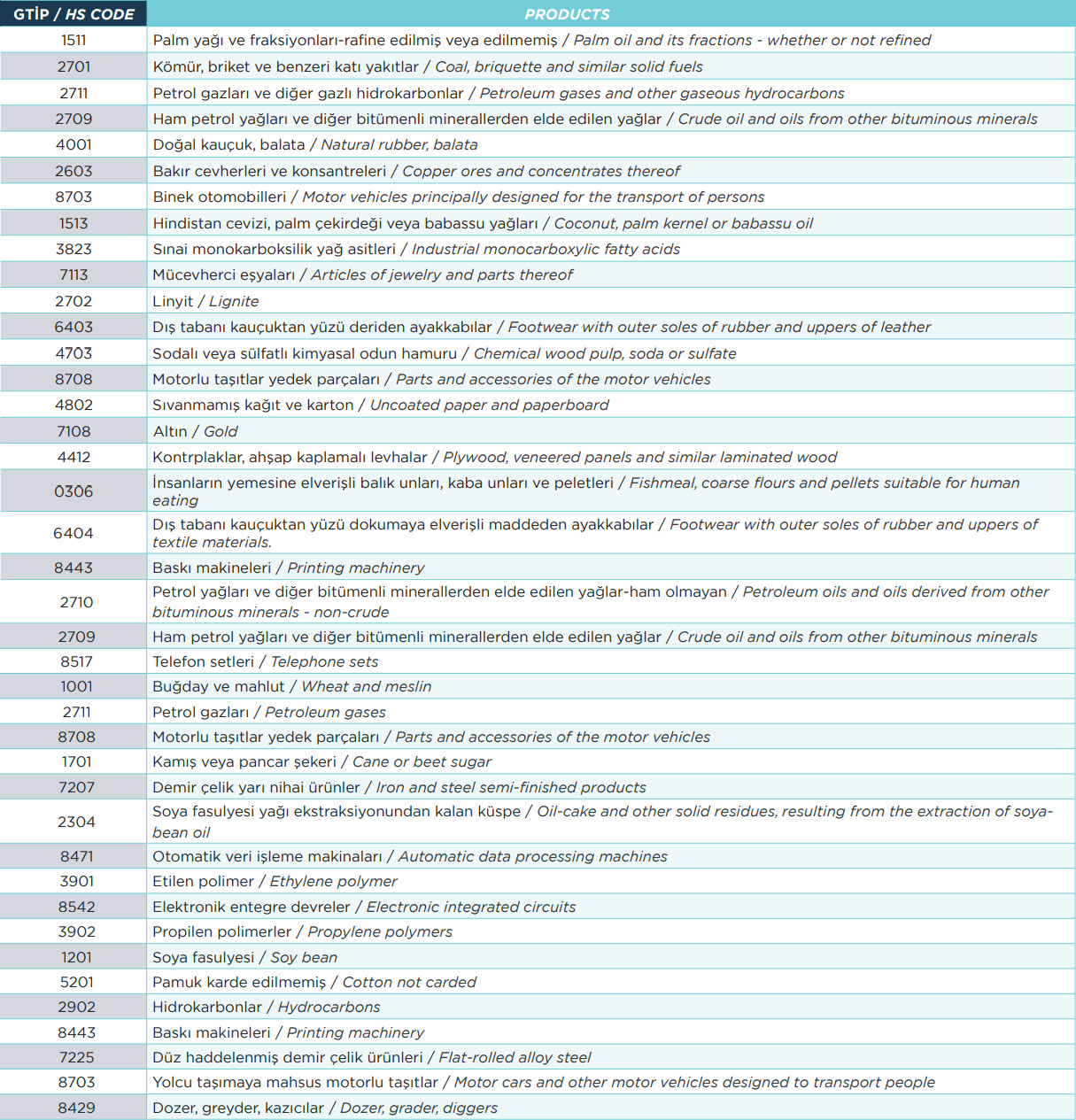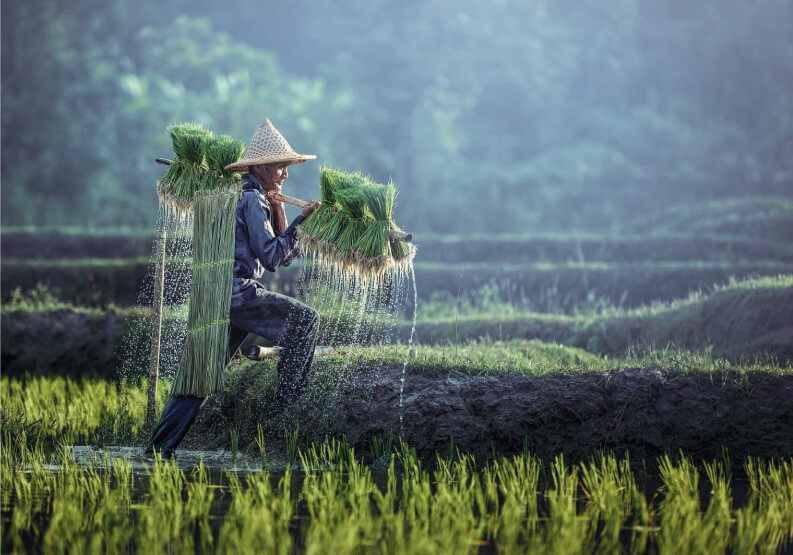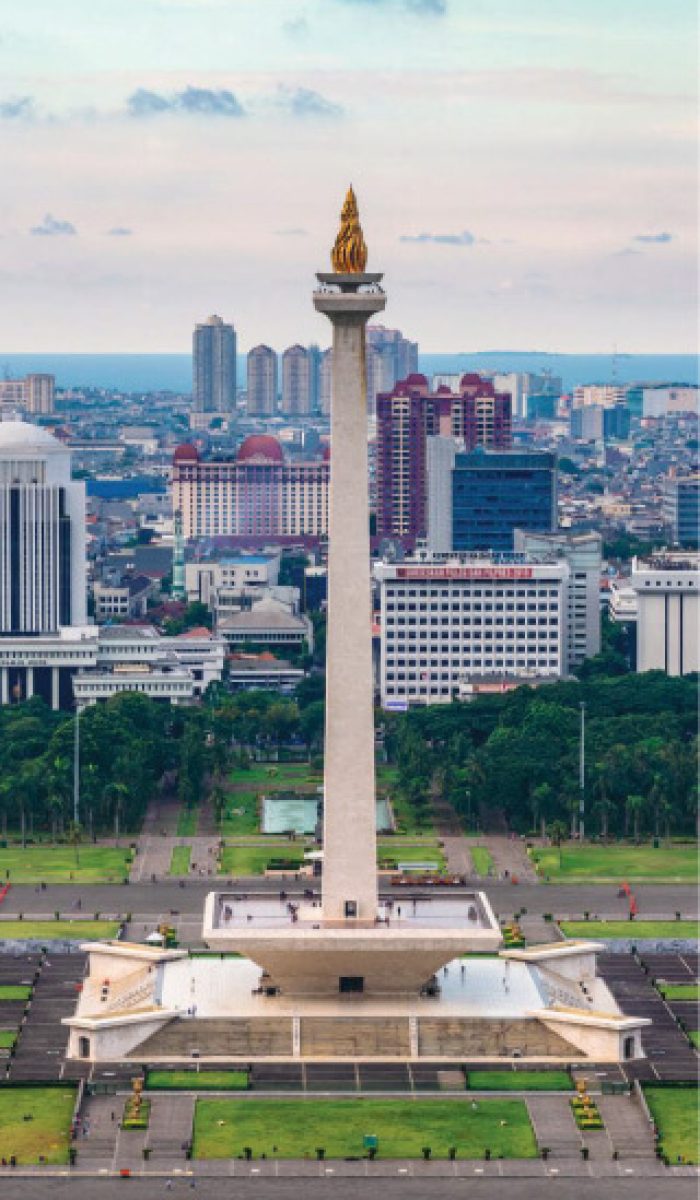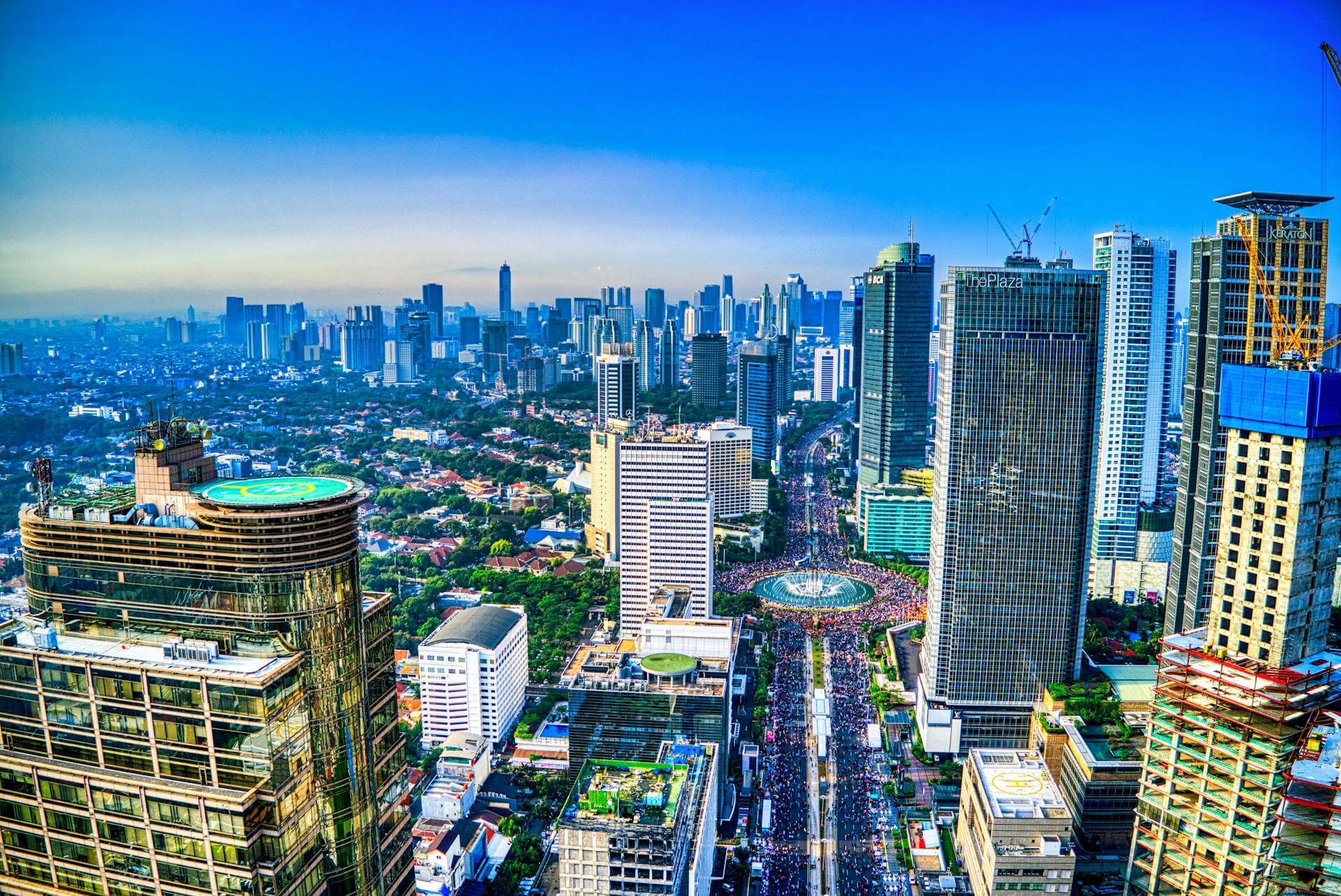Turkey and Indonesia closely cooperate in a number of international organizations and fora, like the UN, OIC, G-20, D-8, and MIKTA.
Indonesia is one of the founding members of the Association of Southeast Asian Nations (ASEAN). Since July 2017 Turkey is a Sectoral Dialogue Partner of ASEAN, and since 2010 the Turkish Embassy in Jakarta has been accredited to ASEAN.
Indonesia is the largest economy in South-East Asia, and projected to become one of the top 10 global economies by 2030. Indonesia’s dynamic population, growing middle-class and strong economic potential serve as a firm basis for further developing our bilateral trade relations.
Approximately 2500 Indonesian citizens reside in Turkey, while some 450 Turkish citizens have their permanent residency in Indonesia. Turkish government has hitherto allocated approximately 1000 higher education scholarships to Indonesian citizens since 1992. In the 2016-2024 academic year, Turkey provided Approximately 200 scholarships to Indonesian students within the scope of “Turkey Scholarships”.
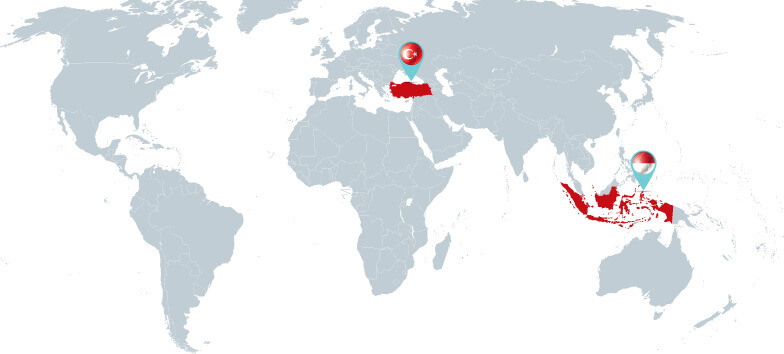
DIPLOMATIC RELATIONS
Turkey recognized the Republic of Indonesia on 29 December 1949 and diplomatic relations were established in 1950.
Turkish Embassy to Indonesia commenced its activities on 10 April 1957.
Its field of activity is all Indonesia and East Timor, where it has been accredited since 2003.
The Office of the Commercial Counsellor was opened in April 2007.
Our Honorary Consulate in Medan has been serving since May 1996.
Studies are underway to open our Honorary Consulates in other important regions of Indonesia.




